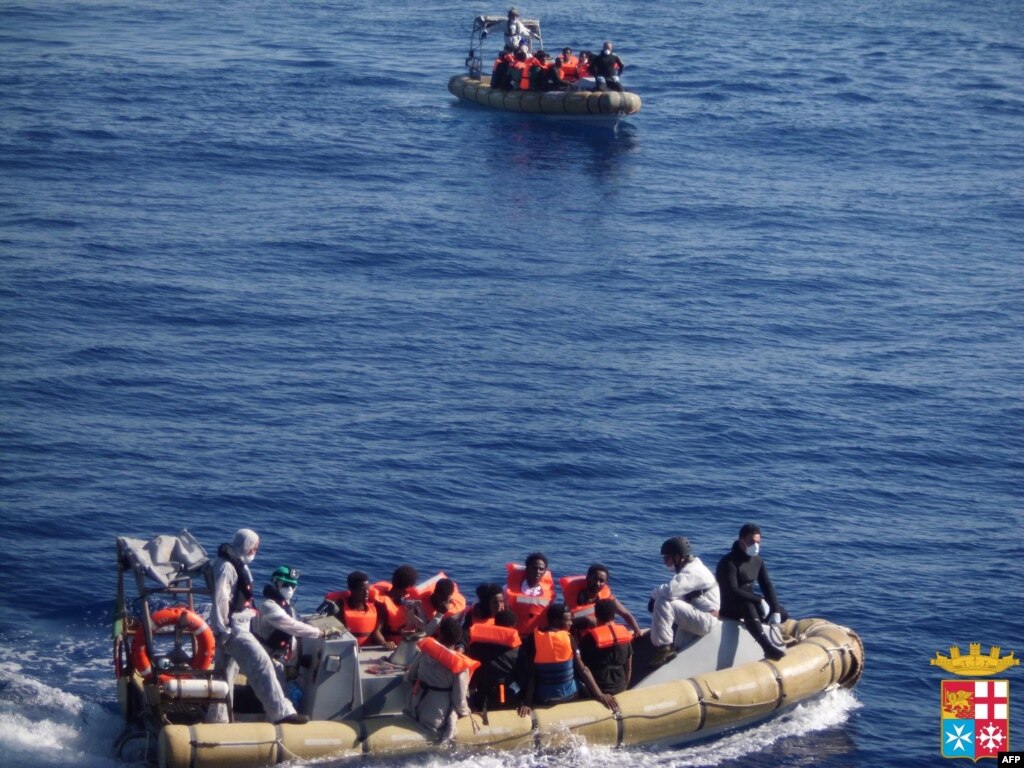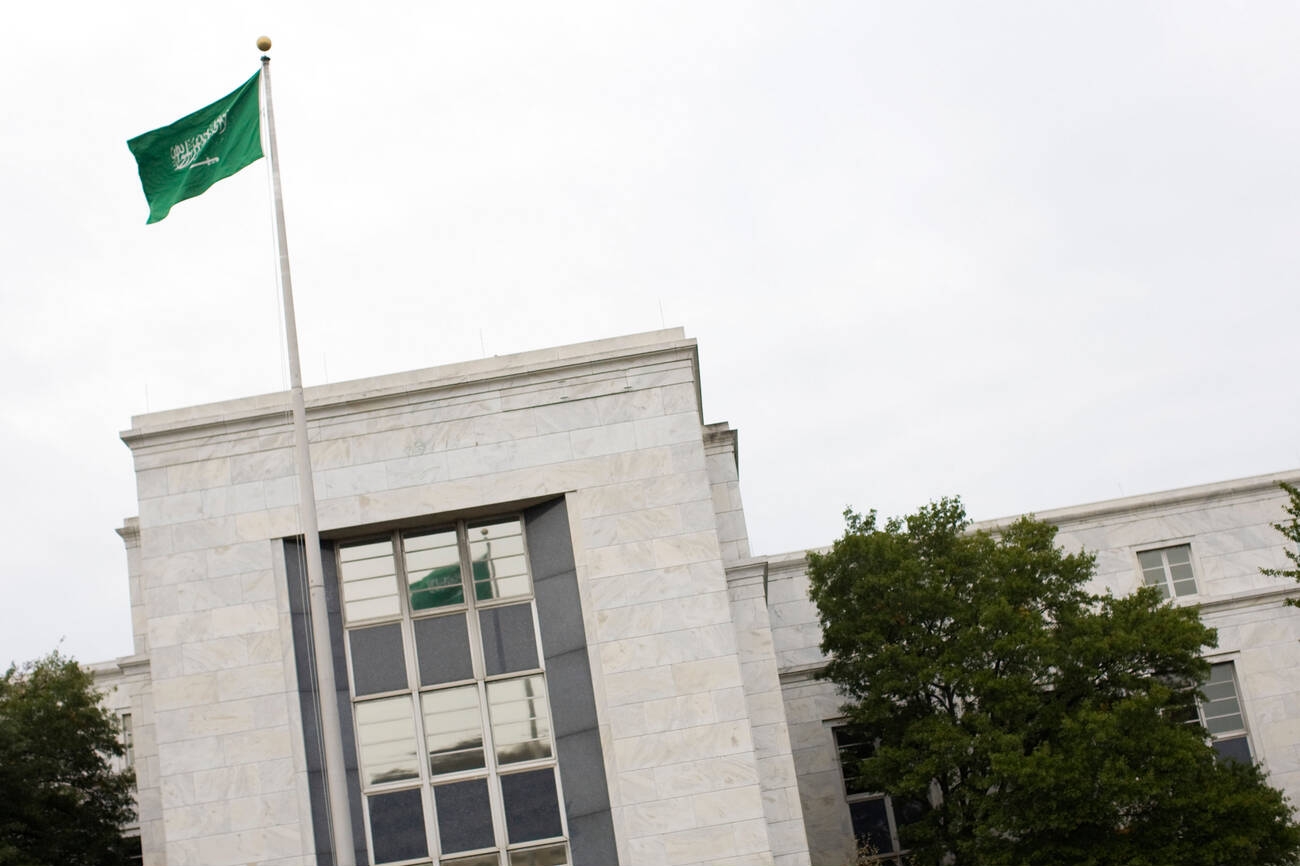Italian prosecutors have been secretly recording conversations between human rights lawyers and their clients to allegedly investigate claims that NGOs operating rescue boats in the Mediterranean are involved in human trafficking.
Court documents viewed by the Guardian and Italian outlets Rai News and Domani in Trapani, Sicily, contained private conversations between human rights lawyers and their clients in detail, the British paper reported.
The documents pointed to a series of conversations lawyers had with a priest as well as some journalists, in which confidential information regarding ongoing trials, private sources and legal defence strategies in upcoming hearings was discussed.
Last month, the Trapani prosecutors charged rescuers from charities including Save the Children and Médecins Sans Frontières with complicity with people smugglers in Libya, after running a four-year investigation.
In 2017, the probe famously led to the seizure of the Iuventa, a former fishing vessel run by the German NGO Jugend Rettet (Youth Rescue), a move heavily slammed by human rights groups but welcomed by Italy’s far-right populists who call NGO rescue boats “sea taxis.”
The Italian prosecutors also recorded private conversations of Father Mussie Zerai, a Rome-based Eritrean priest who runs the refugee rights organisation Habeshia. He was a Nobel peace prize candidate in 2015 for his efforts.
However, Trapani prosecutors put him under investigation in November 2016, accusing him of abetting illegal immigration.
Zerai was acquitted of the charges, but dozens of conversations with his lawyer discussing the case were recorded.
Italian law outlaws the interception of conversations of people under investigation and their lawyers, whose relationship is governed by attorney-client privilege.
Zerai was recorded in August 2017 talking to his lawyer about a possible meeting with the prosecutors to explain his innocence, saying he believed the media were attempting to discredit the work of NGOs in the Mediterranean.
“If I was wiretapped while talking to my lawyer, it means I was also wiretapped talking with bishops, cardinals, employees of the Holy See and ambassadors,” Zerai said. “Where is the rule of law here? And this took place while people continued to drown in the sea.”
The Italian justice ministry has announced that it is running “preliminary investigations” into the matter.
Italisn journalist groups have also criticized the move, describing it as one of the most serious attacks on the press in the country’s history.
One of those journalists, Nancy Porsia, whose phone the prosecutors bugged for more than five months in 2017. Her movements were also tracked using the geolocation data of her phone.
Porsia in one conversation told her lawyer that she feared being snooped on by police but her lawyer reassures her that their telephone conversation is covered under client privilege.
Trapani’s acting head prosecutor, Maurizio Agnello, said in a statement: “In anticipation of the conclusion of investigations ordered by the general prosecutor’s office in Palermo and by the inspector general of the ministry of justice, to whom I sent a detailed report on this matter, I believe it is most opportune and responsible for me not to participate in any further discussions in this matter.


















